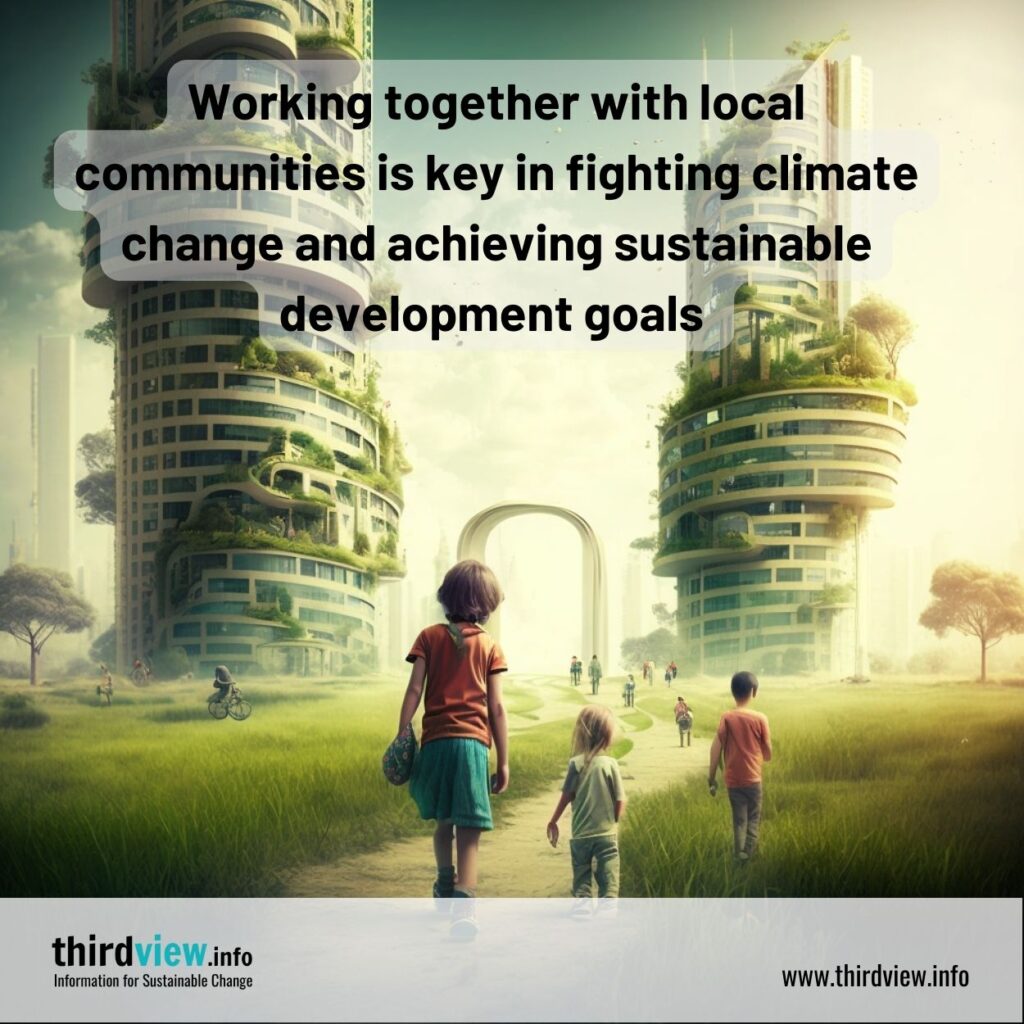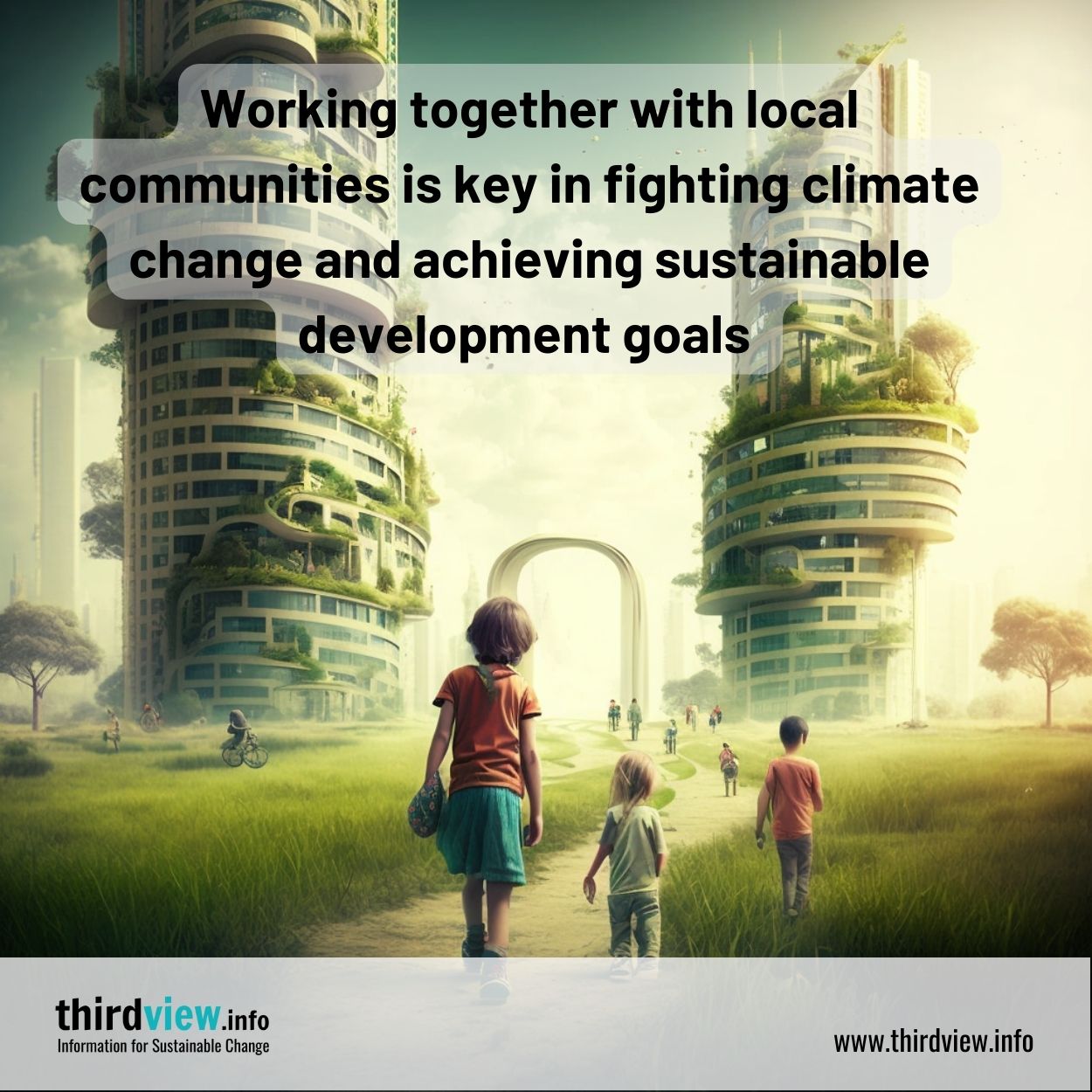Sustainable development goals are the United Nations’ vision for a better future. Achieving these goals requires collaboration at multiple levels, including partnerships with local communities. Local communities play a critical role in ensuring that sustainable development goals are achieved because they provide resources, infrastructure, and support for initiatives. Here’s how to leverage these partnerships for maximum impact.
Responsible Sourcing
Responsible sourcing is the practice of obtaining resources from socially responsible suppliers. This includes engaging with local communities to ensure that their rights are respected, and their livelihoods are protected. By understanding the impact of your activities on local communities, you can ensure that your operations align with ethical standards and support sustainable development goals. Additionally, by engaging with local suppliers you can increase economic opportunities in the region while simultaneously reducing environmental impacts.
Community Investment & Engagement
Community investment is an effective way to build relationships between local businesses and the surrounding community. This could include providing job training programs or scholarships for students in need or investing in green infrastructure projects such as renewable energy generation or clean water initiatives. These investments not only help to create a positive impact in the community but also demonstrate your commitment to sustainability and social responsibility. Additionally, engaging directly with members of the community enables you to gain valuable insights into their needs and priorities which can help inform decision-making around sustainable development projects.
Stakeholder Collaboration
Stakeholder collaboration is essential when it comes to achieving sustainable development goals as it allows different parties to come together to discuss solutions for shared challenges. For example, businesses can collaborate with NGOs or government agencies to develop innovative approaches that can have a lasting impact on both society and the environment. Collaboration also encourages transparency as stakeholders work together towards a common goal and help create an environment where everyone feels heard and respected — something that is key when creating successful partnerships between businesses and local communities.
By working together with local communities in a mutually beneficial way, organizations can ensure that any initiatives undertaken are tailored to the needs of the particular region. Additionally, involving community members in decision-making processes ensures that initiatives are designed around their values and priorities, leading to greater acceptance and buy-in from all stakeholders involved.
Partnerships between business owners and local communities can be mutually beneficial if done right; they allow companies to access essential resources while giving back through investments in the community that improves the quality of life for everyone involved. Through responsible sourcing, community investment & engagement, as well as stakeholder collaboration we can all work together towards achieving our shared global sustainable development goals—and create a brighter future for us all.


